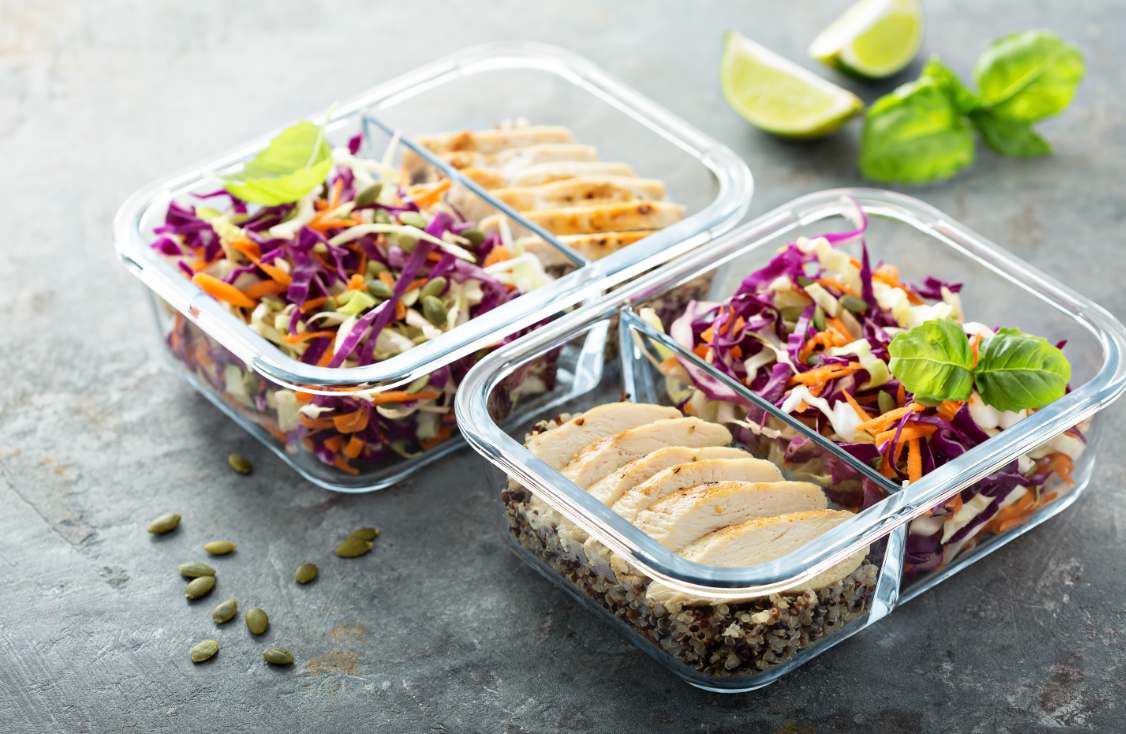Will food-to-go bounce back post-Covid19?

If there’s one thing that’s true, it’s that people like to eat, and all the better if it’s quick, tasty and ideally prepared by somebody else. Before lockdown, the food to go sector was booming, propped up by time poor consumers relying on convenience.
According to research from Bord Bia, consumers spent a whopping €458m on food-to-go across the island of Ireland in 2018 and at the start of this year, it was set to see multi-million euro growth, forecast to increase by 26.4 percent by 2024. Supermarket prepared foods were becoming increasingly popular, and forecourt convenience stores were sprinting to keep up with the increasing demands of consumers stopping by to grab a quick snack or hot beverage at all hours of the day.
And then the pandemic happened. Grabbing a coffee on your commute or dropping by the deli for hot food on your lunch break were habits that ground to halt, and the need for tasty, pre-prepared options plummeted as people brought the majority of their meals into the home.
Now, normality is returning. Consumers are getting back to work and returning to old routines, albeit slowly, and increased footfall could mean business is back for food to go. Initial statistics are promising, with marginally more people out on the streets since the start of lockdown restrictions easing in June.
It’s promising, but many of us have acquired new skills under lockdown. Home baking and cooking meals from scratch became not just a norm, but a necessity. Many are now approaching a return to work with a brand new culinary skillset: now we can cook, but as life’s daily stresses and time constraints slowly creep back in, will we want to?
With unemployment set to rise in the coming months, it may mean that many consumers no longer have the disposable income they once had to spend on food to go either, perhaps forcing them to turn to more budget friendly options, like meal-prepping and bringing lunches and coffee from home. Analysis from University College Dublin says disposable income had already dropped by 25 per cent in April.
There’s also health concerns to contend with. The pandemic has brought issues around hygiene into sharp focus, meaning open salad bars may become a thing of the past. Consumers won’t have the confidence in who will have touched the food before them, and so we may see a greater reliance in packaged items to take out. UK-based research by the Office of National statistics suggests just one in five people would be happy eating food outside of the home.
While there are myriad issues to contend with, in an interview with IF&CR in June, Maxol CEO Brian Donaldson said he was confident that the food to go market would bounce back, explaining that their stores saw an uptake in food-to-go sales when construction trade went back to work. “It was a natural output of COVID-19 that when people are not travelling or commuting the first thing they are not buying is coffee or food on the go. We are already seeing an 80 per cent return to where it was at the start of the year, and this will only improve as government restrictions continue to ease.”
However, food to go may look very different. “There will be an even greater focus in terms of packaging the product for pick up and go,” says Brian. “Open salad bars will not be there for the foreseeable future as people don’t have the confidence in who will have touched the product before them. We do see a move to more products being packaged in terms of bakery and meal solutions. What we must do now is make sure that we show our customers we have the best and the right hygiene and sanitisation measures across all our stores.”
While the food to go sector may look very different in the coming months and recovery may be slow, there is fresh promise. The return of construction did much to bolster sales, with many workers grabbing teas, coffees and hot lunch options on the job. Similar increases were seen with the reopening of non-essential retail at the beginning of June, with increased footfall on high streets resulting in a slight spike in the sale of hot beverages.
As we continue to embrace our new normal, there’s fresh hope that Ireland’s delis, food courts and hot food bars may reign supreme once more.









